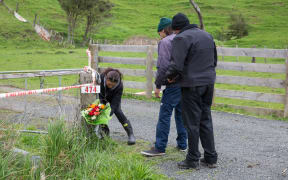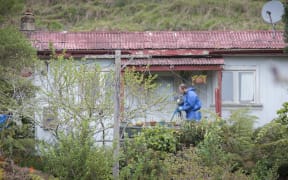The Bremner fatal stabbing attack and allegations of underspending shows there is something 'not happening right' in Waikato mental health services, a newly elected DHB member Dave Macpherson says.
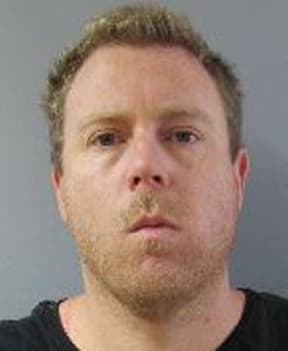
Ross Bremner Photo: NZ Police
Mr Macpherson's son Nicky Stevens died in March last year while in the care of Waikato mental health services.
Mr Macpherson's comments came after Otorohanga man Ross Bremner killed his mother and attacked his father, who remains in a critical condition, last week.
Mr Bremner's body was found on the rural Kinohaku property of Mona Tuwhangai and Maurice O'Donnell, who were also dead, late last week.
The Waikato District Health Board announced today it would review how it cared for Mr Bremner.
In a statement, the DHB said Mr Bremner had a number of brief in-patient stays between 2003 and 2007, but spent six weeks in hospital in 2013.
Since May 2013 he had been living in the community under the care of his doctor and with DHB support.
Mr Macpherson said Mr Bremner's case was just the latest in a series of tragedies.
"I think there are too many horror stories that have happened in the last few years not to be concerned about it," he said.
"The Otorohanga Bremner case is one of them. Obviously my son Nicky's case is another. There have been quite a few other high profile cases, some that have involved death unfortunately, some that have involved escapes. Some that have involved major questions about the treatment provided by the mental health services that Waikato DHB runs.
"So I think when you add them all up, there is definitely something not happening right - not happening as the community would expect. Certainly we've seen that with our own eyes," he said.
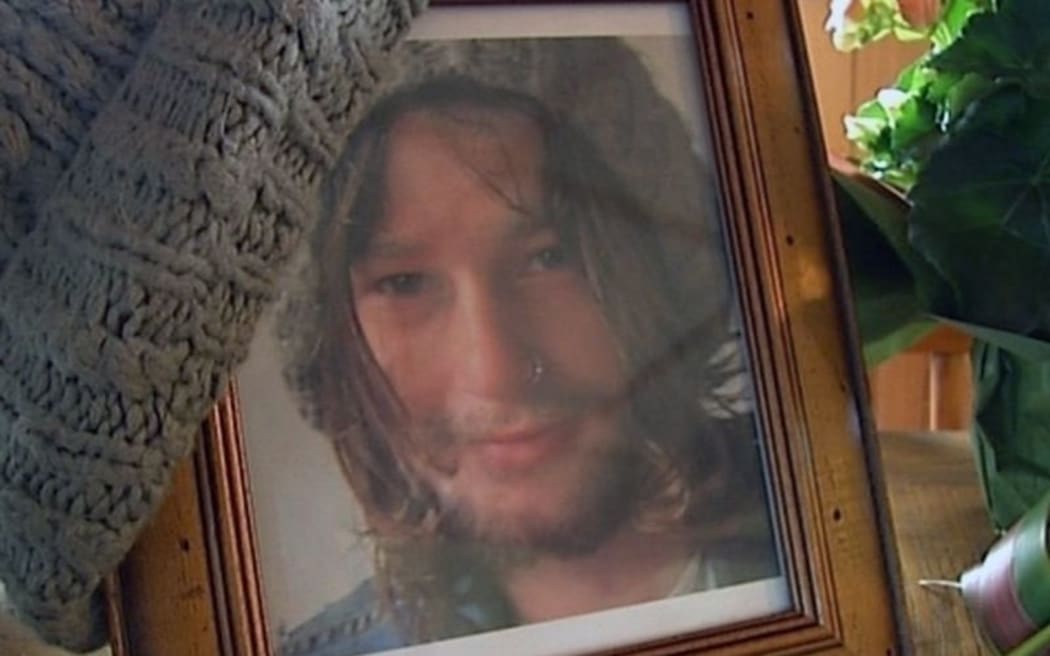
Nicky Stevens was at a mental health facility and was considered a suicide risk, but was allowed to take an unsupervised cigarette break. Photo: Givealittle
Since his son's death, Mr Macpherson said he and his wife had been approached by 40 to 50 families frustrated by the mental health system.
"Apart from the horrible things that happened to our son, the most surprising thing to us has been the large number of families who have come to us, not just from the Waikato - but a high proportion of them have been - seeking advice."
Mr Macpherson said common complaints included inappropriate treatment and the refusal by inpatient services to accept people despite families' concerns.
He said they had tried to provide advice about who to speak to and how to deal with situations.
Allegations of underspending by DHB
Mr Macpherson called his successful election to the DHB "a bittersweet moment".
"Of course I'm pleased to be elected, but I would not have thought of standing had it not been for the death of my son under such terrible circumstances, while in DHB care, and my determination to see that other patients and their families are not put in this situation."
He said one of the first things he'd like to address was allegations of underspending by Waikato's mental health services.
"There's been allegations, and I've seen some evidence that not all the money allocated by central government for mental health services in the Waikato has been spent each year on direct mental health services. So that's something I think we should get to the bottom of facts and figures and ensure that that happens."
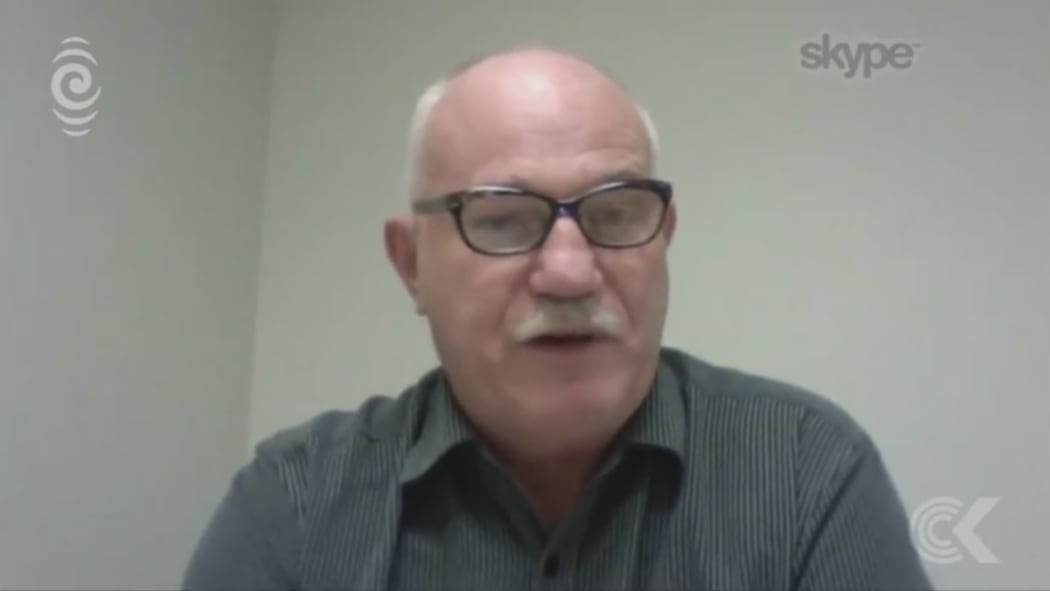
Dave Macpherson Photo: RNZ / Skype
He said there also needed to be a much better family complaints and support service, and in the longer term the culture of the place needed to change.
"Every time something goes wrong the DHB ... circles the wagons and says it's not our fault and tries to avoid accepting any responsibility."
Mental health report
In April, the Ministry of Health released a report into the state of mental health services in the Waikato. It was prompted by the death of Nicky Stevens, patients leaving the secure unit without leave and the employment of an overseas doctor who faces court charges.
The Ministry's director of mental health, Dr John Crawshaw, concluded the service was well managed and had a good standard of patient care. But it made a number of recommendations including the need to address staff shortages and to introduce a more patient-centred model of care.
Mr Macpherson said only some things had improved.
"They did get a new executive director of mental health of DHB mental health services at the end of last year. I couldn't say that he's changed the culture of the place yet, but he's certainly has helped in the sense of being a go-to person that we didn't have before," he said.
"One of the things identified was that the Henry Bennett Centre [mental health unit] as a facility was poorly built. Wasn't fit for purpose and nothing has actually changed with that yet. So that's certainly one thing that hasn't changed."
Ministry of Health response
In a statement the Ministry of Health's director of mental health John Crawshaw said: "The recent tragic events are currently subject to police and coroner's investigations and it is inappropriate for the ministry to comment on them at this stage.
"The ministry is satisfied that the DHB is implementing all of the recommendations made in the review published in April (2016) and the ministry is being regularly updated on the progress the DHB is making."
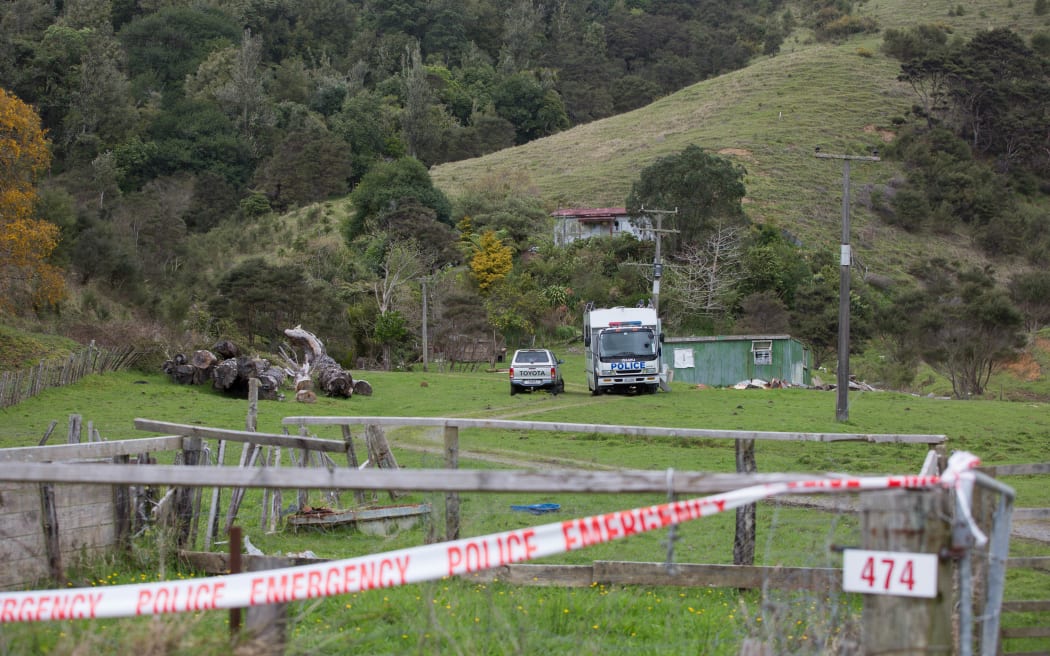
The rural Kinohaku property of Mona Tuwhangai and Maurice O'Donnell, where they and with Ross Bremner were found dead late last week. Photo: RNZ / Cole Eastham-Farrelly

